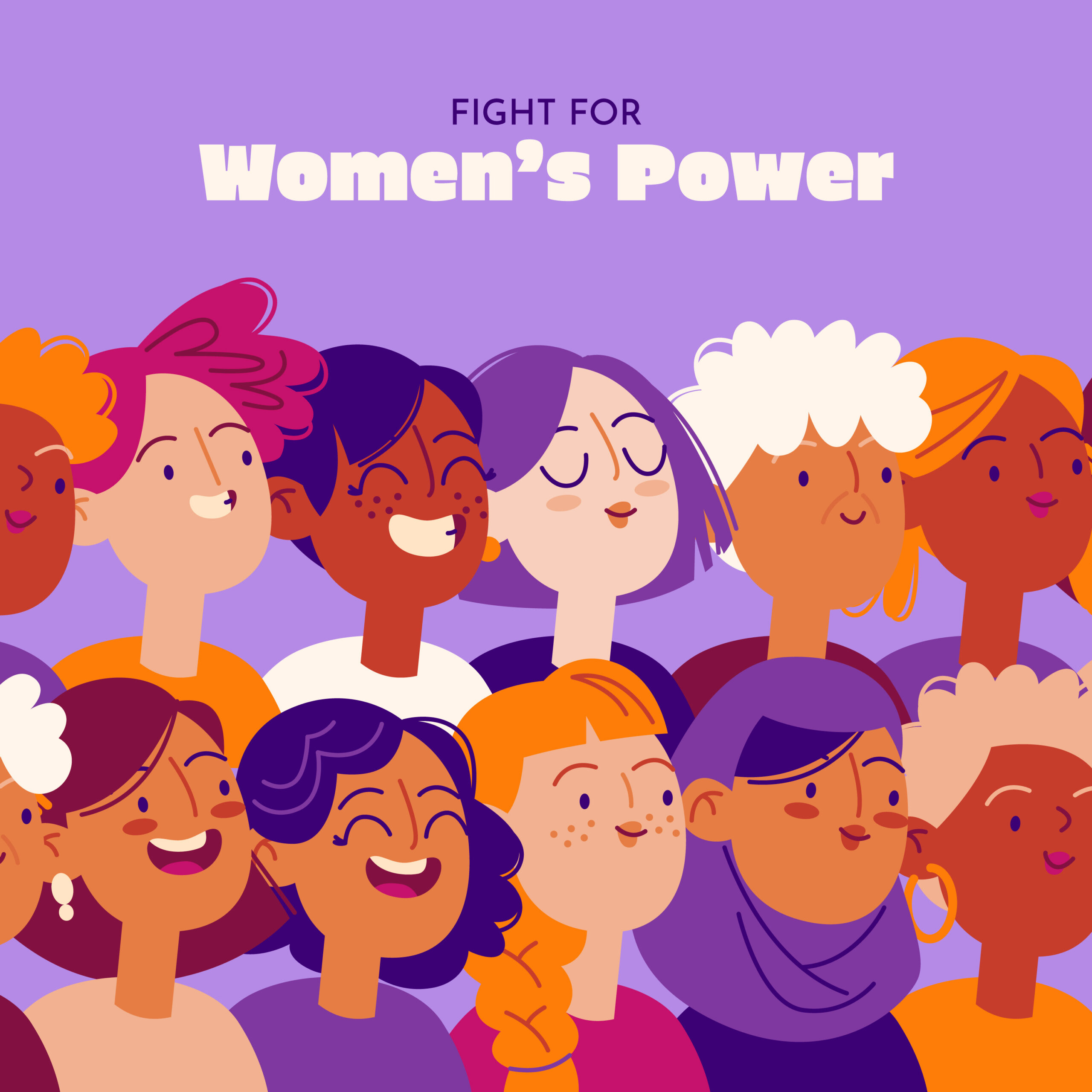
women empowerment in bihar through education
Education is one of the most powerful tools for social change, and when it comes to women, its impact is transformative. Women empowerment in Bihar through education has become a crucial topic in recent years, as the state continues to face challenges of poverty, gender inequality, and low literacy levels. Education provides women with the ability to make informed decisions, participate in economic activities, and contribute to the growth of their families as well as society.
The Current Scenario of Women Empowerment in Bihar
Bihar has made noticeable progress in the last two decades, but women still face hurdles in accessing education. Although literacy rates among women have improved, they remain lower compared to men. This gap highlights the urgent need for women empowerment in Bihar through education, as it not only helps in reducing gender inequality but also promotes overall development.
Government schemes like Beti Bachao Beti Padhao, scholarships for girls, and free cycles for school-going students have encouraged many young girls to continue their education. However, social barriers like early marriage, traditional mindsets, and lack of infrastructure still pose challenges. To overcome these issues, strong community participation and awareness are essential.
Importance of Women Empowerment in Bihar Through Education
The benefits of women empowerment in Bihar through education are wide-ranging and long-lasting. Some of the most significant impacts include:
- Economic Independence – Educated women are more likely to secure employment, start businesses, and contribute to the state’s economy.
- Better Health Outcomes – Women with education are more aware of healthcare, hygiene, and nutrition, leading to healthier families.
- Reduction in Child Marriage – Education delays early marriages and gives women the power to make informed life choices.
- Social Equality – With education, women gain confidence to speak up against injustice, ensuring their voices are heard.
- Generational Impact – An educated mother ensures her children also receive proper education, breaking the cycle of poverty.
Clearly, women empowerment in Bihar through education creates a ripple effect that benefits not only women but society as a whole.
Challenges in Achieving Women Empowerment in Bihar Through Education
While progress has been made, several challenges remain in the journey of women empowerment in Bihar through education:
- Cultural and Social Norms – Deep-rooted traditions still discourage girls from pursuing higher education.
- Economic Constraints – Many families prioritize boys’ education over girls due to financial limitations.
- Safety Concerns – Lack of secure transport and infrastructure prevents many parents from sending girls to school.
- Dropout Rates – Early marriage and household responsibilities often force girls to drop out of school.
Addressing these issues requires collective efforts from the government, NGOs, educators, and local communities.
Initiatives to Strengthen Women Empowerment in Bihar Through Education
Several programs have been introduced to promote women empowerment in Bihar through education:
- Kasturba Gandhi Balika Vidyalayas (KGBVs) provide free residential schooling for girls from disadvantaged backgrounds.
- Mukhyamantri Kanya Utthan Yojana supports girls financially for education up to graduation.
- NGOs and community organizations run awareness campaigns highlighting the importance of educating girls.
- Skill development centers are being set up to make women employable after education.
These steps are gradually changing the mindset of people and making education a priority for women in Bihar.
The Road Ahead
The future of women empowerment in Bihar through education depends on continuous investment in infrastructure, awareness campaigns, and skill-based training. Digital education, online platforms, and vocational programs can further bridge the gap between rural and urban areas. Parents, too, need to understand that educating their daughters is not just about literacy but about empowering them to lead a dignified and independent life. For more insights, visit Social Awareness and Community Work.
Conclusion
In conclusion, women empowerment in Bihar through education is not just a policy goal but a necessity for sustainable development. Education equips women with knowledge, confidence, and the ability to make decisions that shape their lives positively. As Bihar continues its journey of progress, empowering women through education will be the foundation of a more equal, prosperous, and inclusive society.







